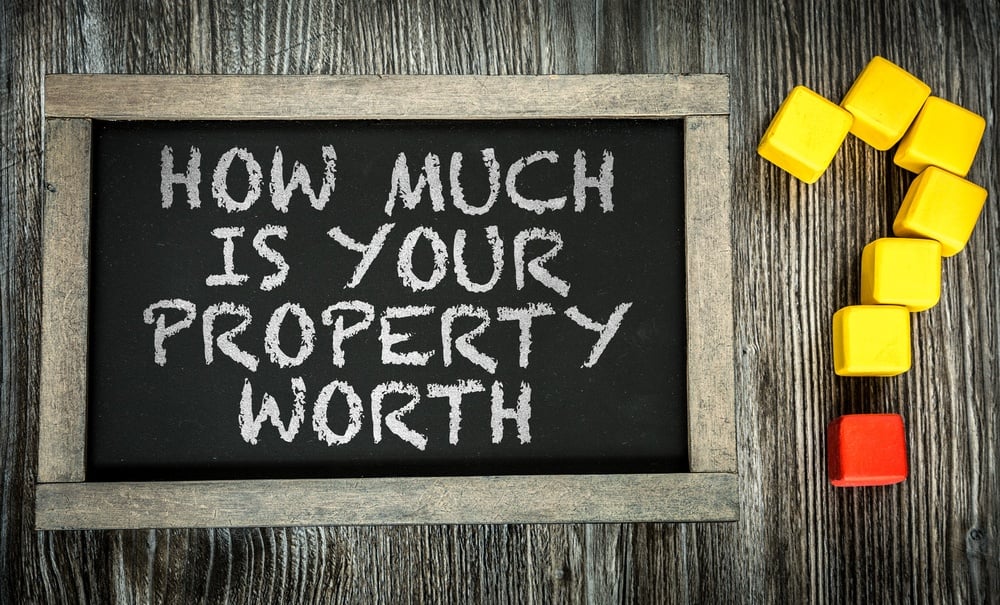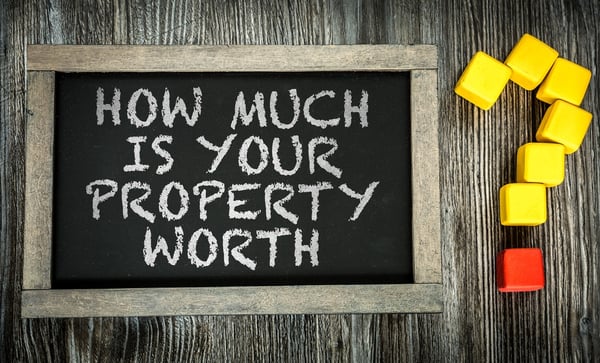Leveraging your home's value: what to do with home equity
When you buy a house, you’re not just getting a nice place to call your own. You’re also buying one of the few assets that tends to increase in value...
3 min read
 Chris Gottschalk
:
Oct 25, 2018 6:44:00 AM
Chris Gottschalk
:
Oct 25, 2018 6:44:00 AM

If you’ve seen realtors’ billboards recently, you’ve probably seen them offering incentives to buy or sell your house. They can be pretty tempting, too. After all, who doesn’t want a guarantee that their house will sell within 48 hours of being put on the market?
One incentive that has been making the rounds recently in the Rochester MN area is the free home equity evaluation. On the surface it sounds pretty good. There’s just one small problem—a home equity evaluation might not mean what you think it means.
You might understandably assume a home equity evaluation means the same thing as a home equity appraisal. After all, if you search the Internet for “home equity evaluation”, you’ll get several links about evaluating your home's equity with the help of an appraiser and home equity valuation. Neither of those is exactly a home equity evaluation, though.
So what is a home equity evaluation, exactly? For that matter, what is a home equity appraisal? What’s the difference between the two?
Professional home equity evaluations are reports created by local real estate agents. They compare homes in the same neighborhood and price range that either are for sale or have recently been sold, and break down this data by lot size, square footage, number of bedrooms, number of bathrooms and zip codes, among several other factors.
The result of sorting and comparing all these features is to show the fair market value of your house, based on the prices thousands of other buyers and sellers have agreed upon. The results of these evaluations are delivered to buyers and sellers so they know the conditions of the market in which they are interested.
It’s important to note that this price is meant only to provide the fair market value of a house. A seller could easily ask for more than the fair market price if they feel their house is significantly nicer than other houses in the area. They might also ask for less if they are trying to sell a home and don’t want the hassle of fixing it up.
On the other hand, buyers can use the results of a professional home equity evaluation to look for anomalies. The home that costs more than others in the neighborhood might be overpriced, but it might have something, like granite counters or an indoor hot tub, that justifies its higher price. A lower price, of course, could indicate either a fixer-upper or a genuine bargain.

A home equity appraisal, on the other hand, is usually conducted as part of applying for a mortgage or home equity loan. The institution lending you the money for the mortgage typically orders the appraisal, and a licensed or certified appraiser will perform it. The appraisal costs between $300 and $400.
During a home equity appraisal, the appraiser will look at:
Once the appraiser is finished, they will provide the financial institution and you with their assessment of the fair market value of the home. This appraisal, unlike the evaluation, is an important step in the house-buying process. Financial institutions rely on these assessments to make sure the home is in line with the purchase price.
A home equity appraisal is also important if you’re trying to get a home equity loan, since the lender will want to make sure they’re not lending you more money than your home is worth.
The bottom line is that a home equity appraisal has more authority than a home equity evaluation. As a result, financial institutions accept home equity appraisals when determining the value of your home.
Home equity evaluations, on the other hand, are a good place to start when you’re looking to buy or sell a home, but it should be treated as an estimate, not an actual price.

When you buy a house, you’re not just getting a nice place to call your own. You’re also buying one of the few assets that tends to increase in value...

Believe it or not, the best part about buying a home might not be getting a place to call your own. You also get access to your home’s equity, an...

A house is usually one of the biggest assets that a person owns. Whether it is big or small, it plays an important role in a person’s life. That is...